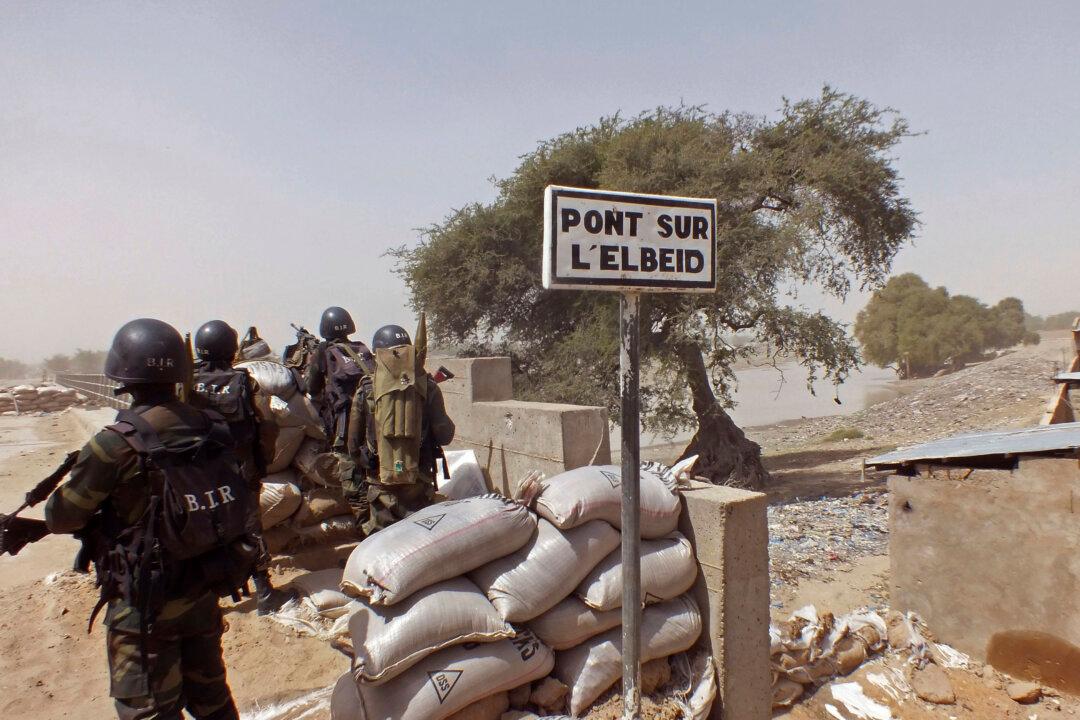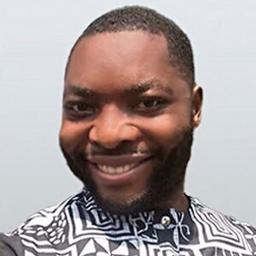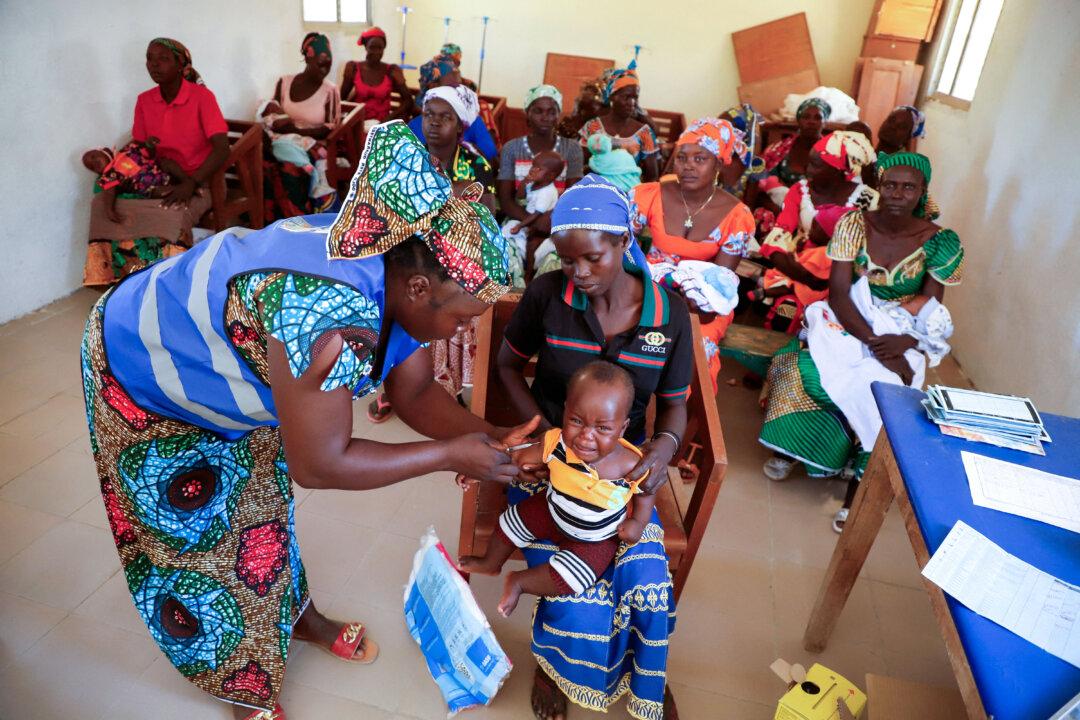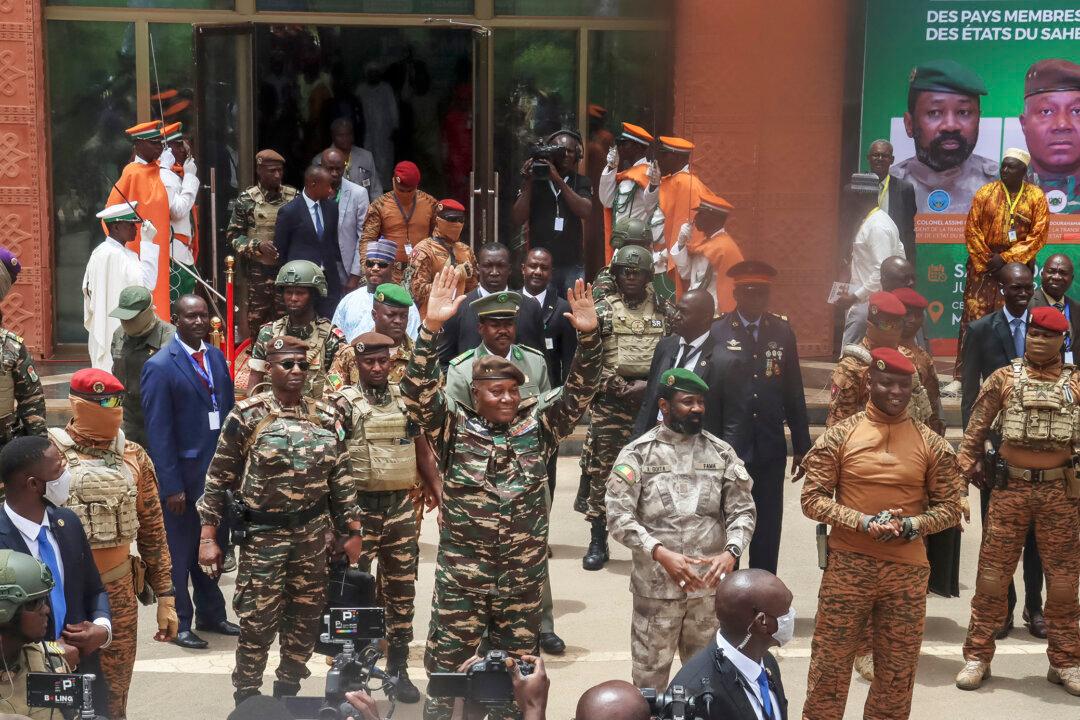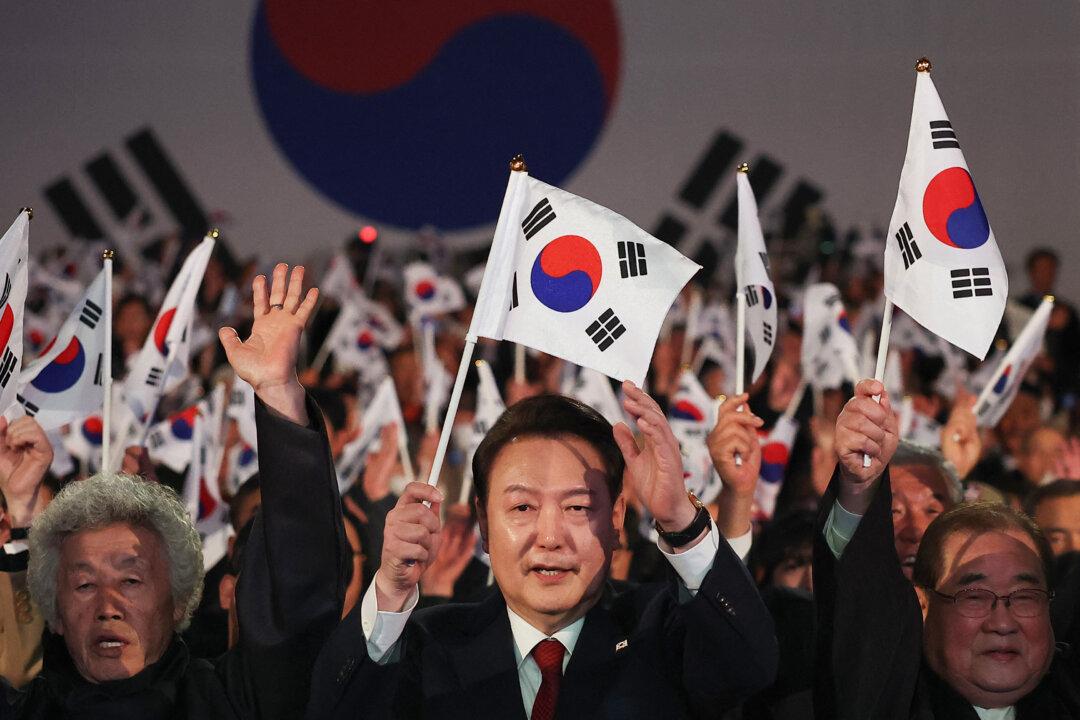The news came hard for the Aoudou Man family, always fearful of news about Islamist terrorist attacks in northern Cameroon. That’s because two sons from the family have been serving in the Cameroonian army, fighting militants of the Nigerian-based Islamist terror group, Boko Haram.
Their fear was realized on July 24 with news that their son was a casualty of the first of two attacks by ISIS-related terrorists in the Fourth Joint Military Region in the Far North Region of the country, killing 13 soldiers and a civilian. Authorities use the catchall term “Boko Haram,” for the attackers, although they may have been elements of the newly refortified insurgency known as the Islamic State of West Africa (ISWAP).
